AWESCO is an interdisciplinary doctoral training network addressing key technical challenges of wind energy generation using tethered wings, of both rigid and flexible membrane type. AWESCO employs 16 PhD fellows
at 8 academic and 4 industrial
partners across Europe.
Learn more about the different technologies
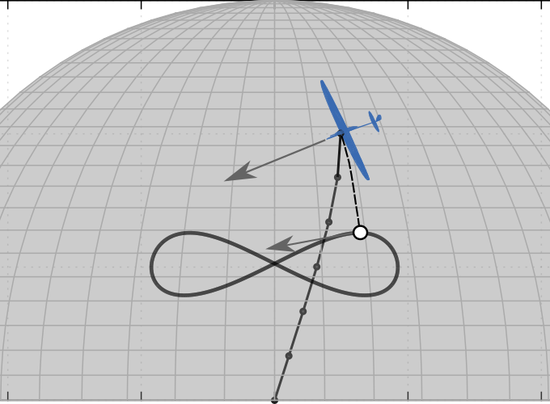
Sebastian Rapp
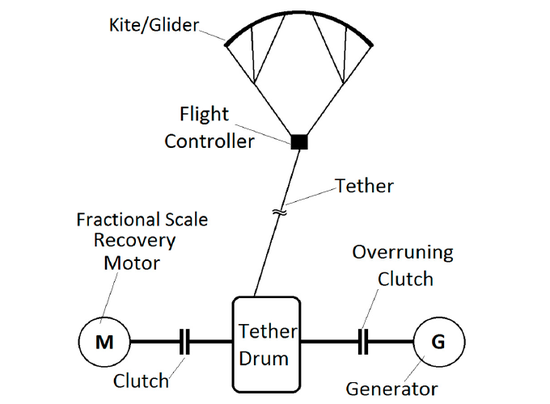
Mahdi Ebrahimi Salari
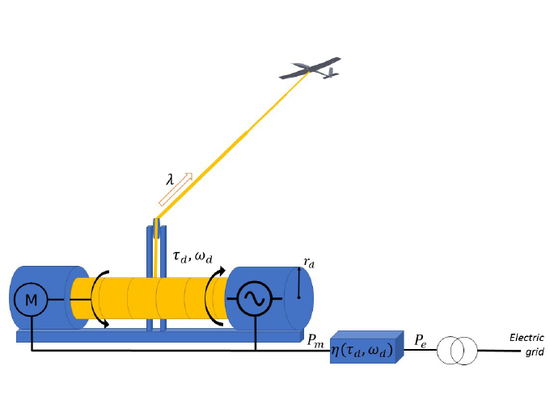
Jonas Koenemann, Thanuja Rajasooriya
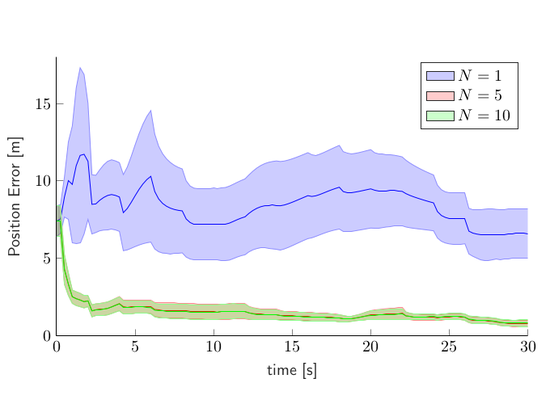
Fabian Girrbach
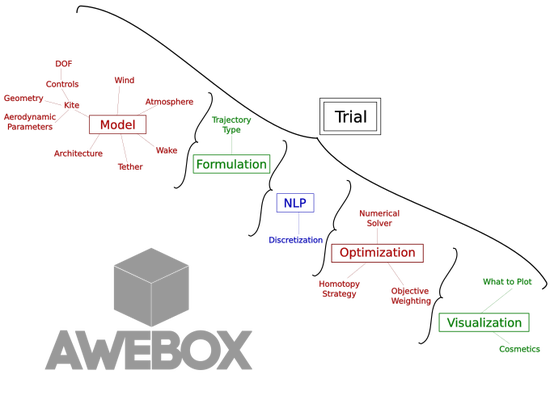
A Python toolbox for modelling and optimal control of multiple-kite systems for airborne wind energy harvesting.
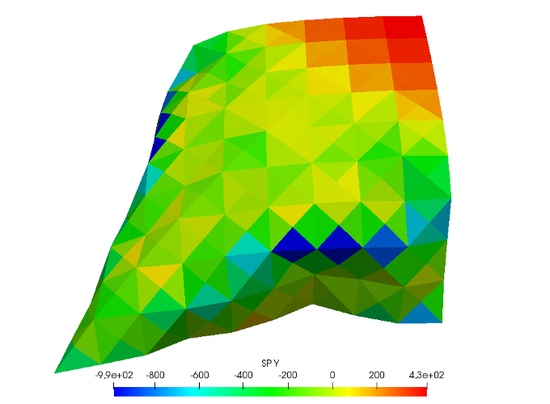
A Finite Element solver specifically developed for the deformation of membrane structures under aerodynamic load.
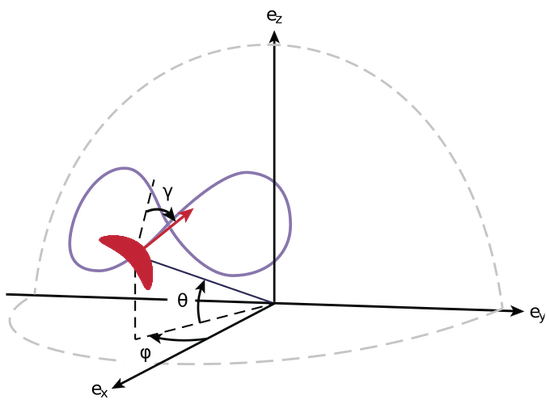
Computes properties of a kite flying in crosswind conditions: flight velocity, apparent wind velocity, tether force, generated power, …
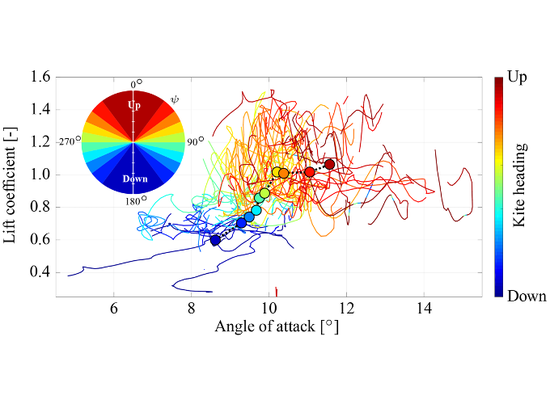
Flight test data of a kite power system acquired by sensors on wing, suspended kite control unit and ground station.
Funded Beneficiaries
The TU Delft is the oldest and largest technical university of the Netherlands. According to the 2019 QS World University Rankings it is among the top 20 universities for engineering and technology. It is the highest ranked university of the country.
The Albert Ludwig University of Freiburg is among Europe’s top universities, having been home to some of Europe’s greatest minds during almost six centuries of excellence.
Chalmers is a major technical university in Scandinavia, hosting eight Areas of Advance and is the largest recipient of the Energy Initiative in Sweden. It is an international leader in the field of sustainable energy.
The University of Leuven has been a center of learning for nearly six centuries. It is one of the most renowned universities in Europe, with a strong research orientation. Since 2016 Thomson Reuters ranks it as Europe’s most innovative university.
The TU Munich (TUM) was ranked as the best German university by the 2020 QS World University Ranking. It is one of the largest technical universities of the country and one of the five best technical universities in Europe.
Established in 1972, the University of Limerick is an independent, internationally focussed university with over 13,000 students and 1,500 staff. It was the first university established since Irish independence.
Ampyx Power was founded in 2008 as a spin off from TU Delft, developing an AWE system based on rigid wing technology. The commercial goal of the company is energy generation on utility scale.
Skysails GmbH is the market and technology leader in the field of automated towing kite systems. Since 2001, the company has developed propulsion kites of up to 400 m² wing surface area for ship propulsion and energy production purposes.
Xsens is a leading innovator of 3D motion capture products based on miniature MEMS inertial sensor technology. Core innovations are multi-sensor data fusion algorithms for seamless interaction between physical and digital worlds.
Established in 2010, Enerkíte is a spin off from TU Berlin and University of Stuttgart. Aiming first at flexible membrane wing technology, the company is now developing a swept, rigid wing that is controlled by several winches on the ground.
The Swiss Federal Institute of Technology Zurich is one of the world’s leading universities for technology and the natural sciences. The 2018 QS World University Rankings places EPFL on position 12 in the world across all fields.
The Swiss Federal Institute of Technology Lausanne is Europe’s most cosmopolitan technical university. The 2018 QS World University Ranking places EPFL on position 12 in the world across all fields.
The Munich University of Applied Sciences, was founded in 1971 and is the largest University of Applied Sciences in Bavaria with about 17,800 students.
Secondments and Collaboration
Makani is a leading industrial developer of airborne wind energy.
The University of Victoria (UVic) is a public comprehensive research university located in British Columbia, Canada. Tracing its roots back to 1903, UVic is the oldest post-secondary institution in British Columbia With an annual research budget of over $100 million.
The spin-off from Delft University of Technology is a leading commercial developer for mobile airborne wind energy systems based on flexible wing technology.
Originally designed for ship traction, the company is exploring the use for electricity generation.
Norwegian developer.
A spin-off from the University of Freiburg.